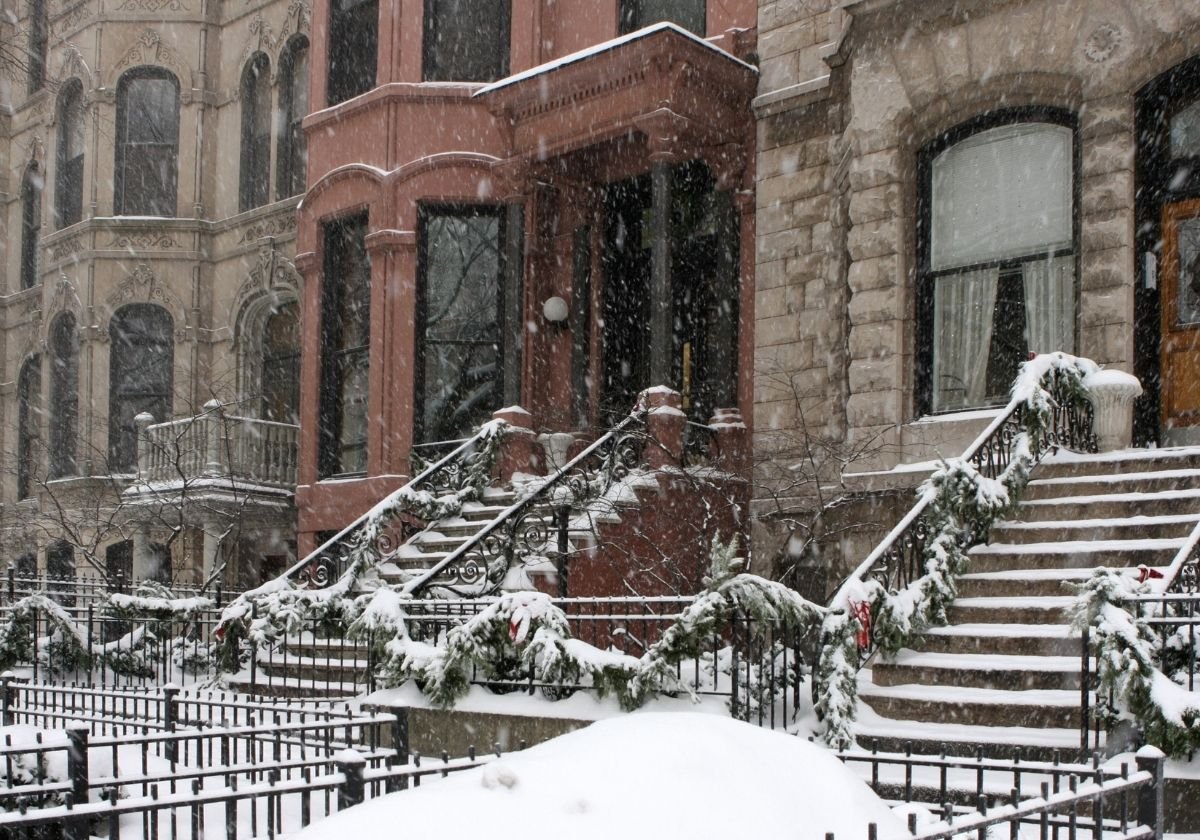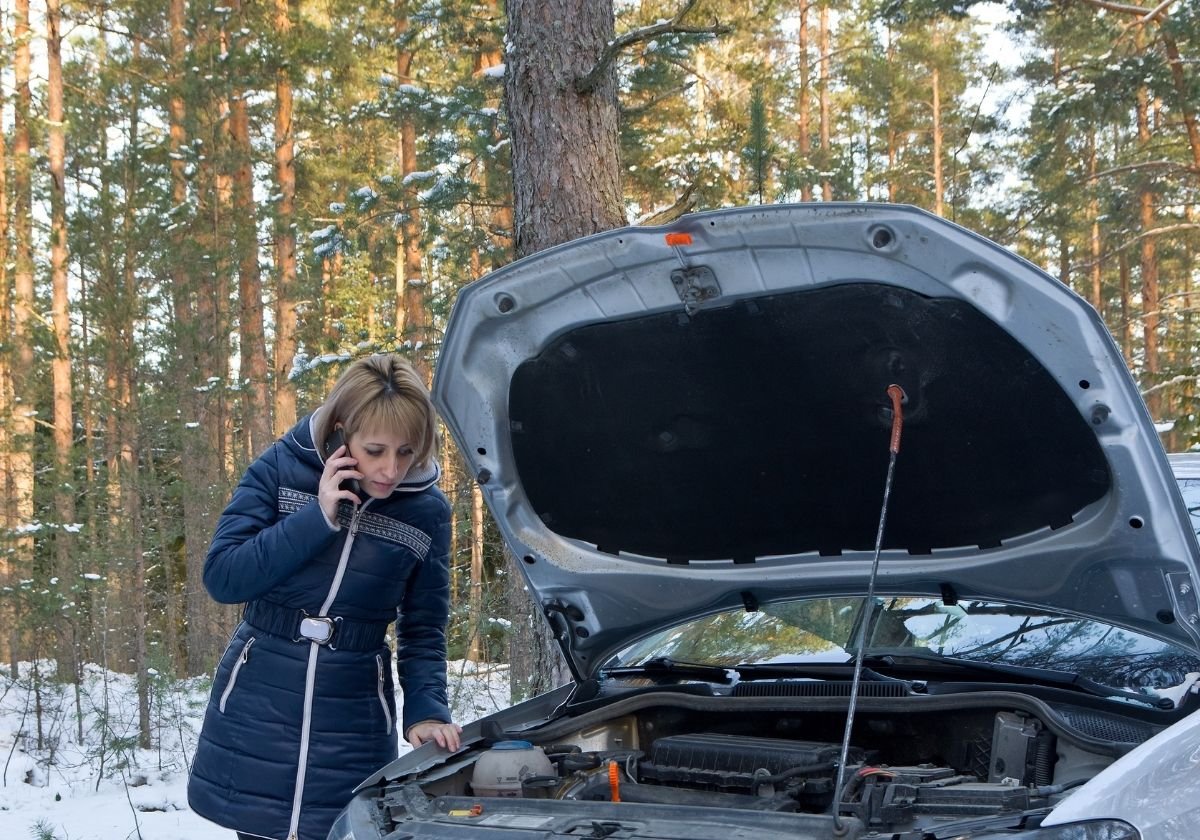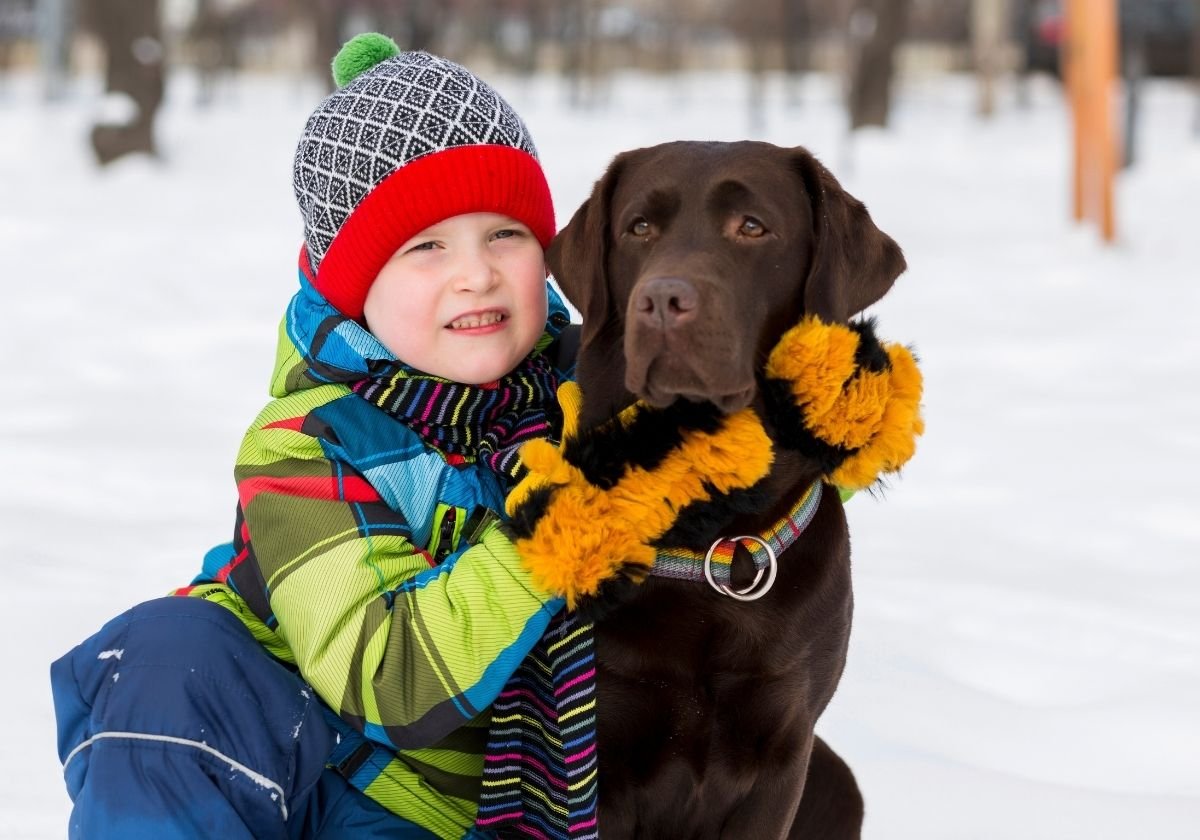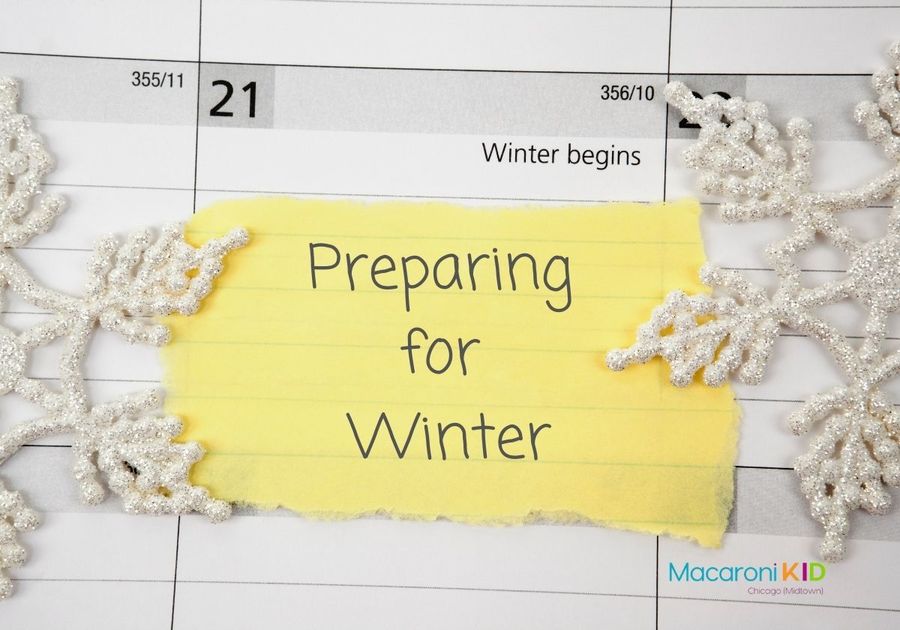Winter is coming, whether we want to admit it or not, and the only predictable thing about a Chicago winter is that it can be...well, unpredictable. Here are some tips to get you and your family ready for those colder months ahead.
 |
Start with your Home:
Check out some of these great tips on how to protect your home from our friends at Country Financial:
- Disconnect your garden hoses. If you leave your garden hoses connected during winter, any water left inside the hose could freeze and cause the lining to crack. Also, if the main nozzle on your hose freezes, the ice could put pressure on the pipes connected to your house which could cause them to crack or burst.
- Keep the heat on. If you plan on being away from your home for a long period of time, do not turn off your heating system. We recommend you set your thermostat at 65 degrees or higher. This will help prevent pipes from freezing and bursting under extreme weather and temperature conditions. Additionally, it is a good idea to leave your cabinet doors open and the faucet dripping at a pencil-thin stream during extremely cold temperatures.
- Shut off your water main if you’re going away. Some homeowners like to turn off their water when they’re away from their homes for a long period of time. You likely have two shut off handles: one before and one after the water meter. We suggest you shut off the one before the meter. Then, relieve the pressure in the system by opening all faucets in your home. Leaving the faucets open while you’re gone is up to your own discretion.
- Clean out your egress window wells. Keeping your window wells clean helps ensure drains in the wells are free of any leaves or garbage, allowing for proper drainage.
- Seal your driveway. Consider sealing your driveway if you haven’t done it before. Doing this before it gets too cold will help protect your driveway from the salt the city uses on the streets during the winter months.
- Clean out your gutters. Removing leaves and other debris from your gutters before winter can help prevent ice from forming inside the gutters. This can potentially prevent “ice damming,” which can cause severe damage to the interior of a home.
- Take care of your furnace. When is the last time you’ve changed your furnace filter? Make sure you are keeping up with your filter changes and be sure to call your HVAC service provider for your fall service check-up before winter hits.
- Look for and cut away dead tree branches, especially those that pose a possible hazard to your home or property
- If you have a fireplace, now is the time to clean it out.
- Remember if you use real wood in your fireplace or outdoor fire pit, be sure to store it someplace away from the foundation and doors of your home. No one wants a critter or two to move in to the woodpile and then decide the house would be much cozier! Also, don't stack it flush against a building or fence - you want to be ale to allow air to circulate around it to keep it from rotting, but also from damaging your house. A tarp is a great way to protect it from the rain.
- Replace the batteries in your smoke and/or carbon monoxide detectors
- Prepare for snow removal. Make sure your shovels are ready for action and if damaged, now is the time to pick up a new one, not after the snow starts! Also, make sure you have snow melt, preferably one that is pet safe, ready for those walkways and stairs. *Do not use salt on your concrete. If you have a concrete driveway or sidewalks, do not use salt on them! Salt will pit the concrete. Sand is the only product guaranteed not to harm concrete. While sand does not melt the ice, it will make your driveways and sidewalks easier to walk on.
 |
Prepare Your Car:
- Check your tires! Make sure you have good tire pressure and good tread before hitting the wet and icy roads. Don't forget to take a look at your spare tire too!
- Check your battery - there are some visual cues that your battery may struggle through the winter. Make sure the battery isn't corroded and the connections are tight. Also check to make sure your battery isn't shaped funny or bulging, or smells funny when you start your car. If you have a multimeter (this was one of my favorite Christmas gifts from my father-in-law one year) you can use it to check the life left in your battery, or take it to an auto parts or mechanic and as them to test it for you.
- *Prepare a winter car kit. In addition to making sure you have jumper cables, spare tire and jack there are a few other items good to have in a bag or water tight container:
- warm blanket(s)
- flares and a reflective flag to alert motorists at night if your car has broken down
- first aid kit and some hand warmers
- flashlight and new batteries
- extra hats and gloves
- extra battery for your cell phone and a few important phone numbers written down in case you have to borrow a phone
- snacks and bottles of water
- diapers and wipes
*TIP - since I don't own a car since moving to Chicago, aside from the flares and flashlight, I carried most of these things in my stroller bag during the winter too. If your stroller doesn't have any reflective material on it, I highly recommend you add some!
 |
Prepare Your People and Pets:
Kids have this little trick they like to play on us where they grow each year and if you aren't careful, you can be caught trying to cram a size 8 foot into a size 6 boot just so they can make it to school one snowy morning. Now is a good time to pull out the winter clothes and gear and see what is worth keeping and what needs to move along to a new family. I love having a network of friends that will hand down clothing to us each year, it certainly helps keep costs down. (Yep, I am talking about you Marija and Jamie!) Online marketplaces and consignment stores such as The Second Child are a great place to look for, and sell, seasonal items that have more life to give.
If you have items that can be donated, please reach out to Cradles to Crayons, or any other local organization, on how to make a donation to help a family in need. Sometimes your school or teacher will accept an extra coat or two for extras in the classroom.
Make sure each person in your family has the following items ready:
- Warm coat - for growing kids coats can be expensive, so I try to team up with families who may have hand-me-downs for the kids. For me I love a coat that isn't too bulky and falls to at least my thighs. After a few soccer games and baseball games by the lake in early/late winter I have learned the benefit of a longer coat.
- Hat or ear muffs - cold ears drive me nuts, so I make sure each of us has something that will keep them covered and toasty. One kid likes a hat, one likes earmuffs and I prefer a headband, but whatever works is my goal.
- Gloves or mittens - I tend to buy multiples of the inexpensive cotton gloves and mittens for kids, but then one nice pair for snow play. If I stick to neutral colors then I can pass on one pair to the youngest, and then donate or give my others to a friend.
- Boots that are waterproof and tall socks - our son is an ankle sock kind of kid but we learned quickly the benefit of tall socks even if your boots seem to be cozy.
For Fido you may want to invest in something to protect their feet from the snow, ice and salt on the sidewalks and streets. City dogs in boots are a common sight, but if your dog has little patience for footwear then you may want to try a wax paw protector.
Also remember that with the sun setting earlier that it's a good idea to make sure people and pets have a way to be spotted easily! Look for coats that have a reflective strip (snowboarding and ski coats often have this feature) and make sure your dog's leash or collar will reflect if a light hits it. This is good advice for grown-ups too!
Thank you to Country Financial for providing some helpful tips in keeping your home safe and prepared for winter!



